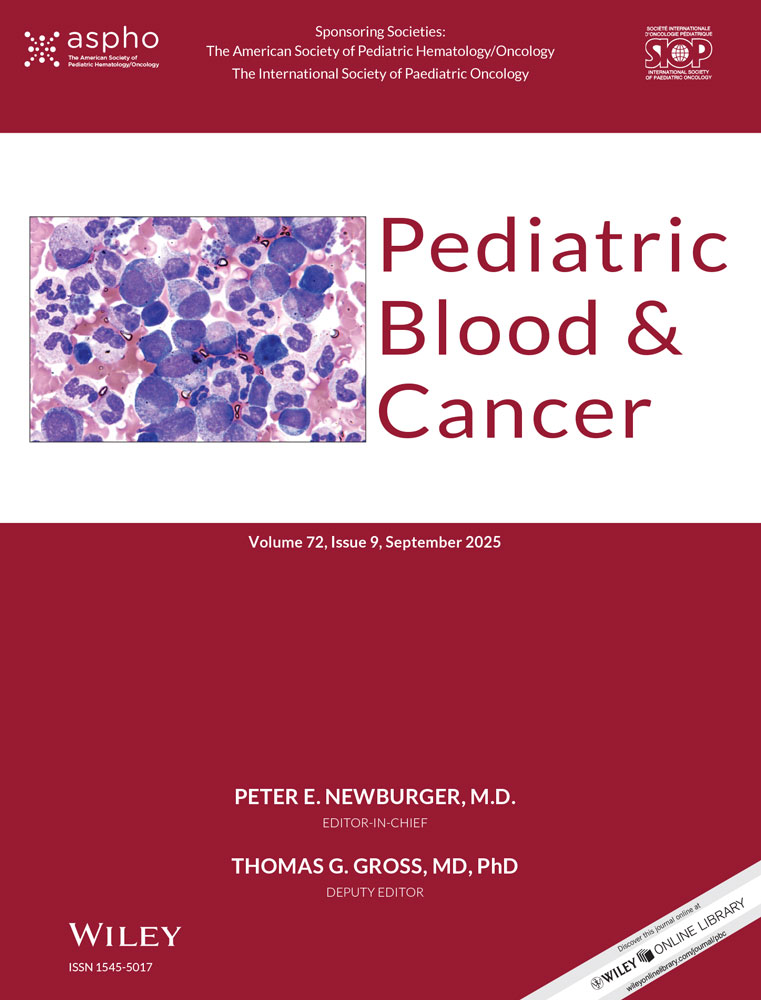Impaired adrenal function after glucocorticoid therapy in children with acute lymphoblastic leukemia
Abstract
Background
Glucocorticoids are commonly used in the treatment of childhood acute lymphoblastic leukemia (ALL). The purpose of this study was to assess the incidence of adrenal insufficiency and the time for children with ALL to recover after treatment with the glucorticoids prednisolone or dexamethasone.
Procedure
Seventeen children, 2–15 years, with ALL were studied after receiving prednisolone (60 mg/m2/day, n = 10) for 5 weeks during remission induction therapy or dexamethasone (10 mg/m2/day, n = 7) for 3 weeks during reinduction therapy. Both drugs were tapered over 9 days. The adrenal function was assessed by an ACTH stimulation test within 2 weeks after discontinuing glucocorticoid therapy. In case of adrenal insufficiency, the ACTH test was repeated at 3–5 weeks interval, and patients were put on hydrocortisone substitution therapy.
Results
Three out of ten patients had a normal adrenal function within the first 2 weeks after prednisolone therapy. Another three patients recovered within 7 weeks, whereas the remaining four patients still showed adrenal insufficiency at the end of follow-up after 2.5–4 months. For dexamethasone, two out of seven patients showed a normal adrenal function within the first 2 weeks. Of the remaining patients, two recovered within 7 weeks, whereas three patients still had a demonstrated adrenal insufficiency at the end of follow-up after 4–8 months.
Conclusions
Adrenal insufficiency occurs and may persist for several months in children with ALL after treatment with high doses of prednisolone or dexamethasone. Med Pediatr Oncol 2003;41:110–114. © 2003 Wiley-Liss, Inc.




